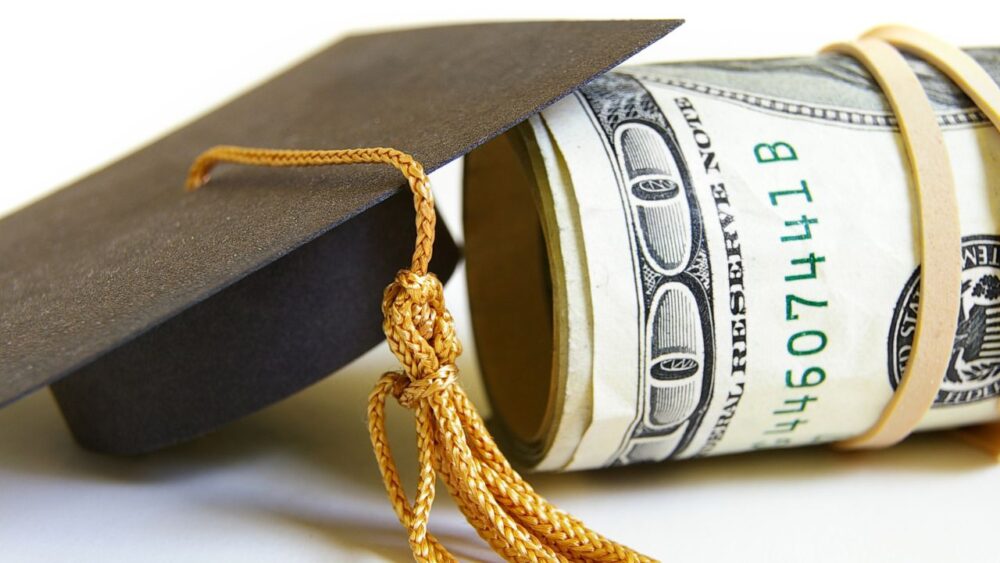The U.S. Department of Education will resume involuntary collections on defaulted federal student loans starting May 5, marking the end of a five-year pause prompted by the COVID-19 pandemic.
The move, announced by the Trump administration, could affect more than 5 million borrowers. Potential consequences include wage garnishment, seizure of tax refunds, and impacts on credit scores.
The pause on collections began in March 2020 under former President Donald Trump and was extended multiple times by the Biden administration.
Regular loan payments resumed in October 2023, but collections on defaulted loans have remained halted until now. The Education Department estimates that over 5 million borrowers are currently in default, with an additional 4 million in late-stage delinquency, meaning they are nearing the 270-day mark that triggers default status.
“American taxpayers will no longer be forced to serve as collateral for irresponsible student loan policies,” U.S. Secretary of Education Linda McMahon said in a press release. McMahon emphasized that resuming collections aims to restore accountability for borrowers, citing the accumulation of overdue debt during the pause.
Default occurs when a borrower fails to make a payment for 270 days, at which point the entire loan balance, plus interest becomes due. The federal government employs robust mechanisms to recover these funds, primarily through the Treasury Offset Program, which can withhold tax refunds, Social Security benefits, and up to 15% of federal salaries. Administrative wage garnishment, set to restart this summer, allows the government to deduct up to 15% of a borrower’s disposable income without court proceedings.
The resumption of collections could have significant financial repercussions. In March, the New York Federal Reserve reported that more than 9 million borrowers may face “significant drops” in credit scores as delinquencies are reported starting in the first half of 2025.
“These credit score effects show up with delinquencies – that’s when the credit score takes the hit,” Judith Scott-Clayton, a professor at Teachers College, Columbia University, said, per ABC News.
Borrowers in default have options to mitigate these consequences.
The Education Department urges contacting the Default Resolution Group to arrange monthly payments, enroll in income-driven repayment plans, or pursue loan rehabilitation, which can remove default status after a series of on-time payments. Borrowers who have not updated their marital status or income must submit their most recent Federal 1040 tax return to facilitate these arrangements. The Office of Federal Student Aid will begin emailing defaulted borrowers over the next two weeks to outline these options.
The Education Department has advised borrowers to log into their StudentAid.gov accounts to verify loan status and update contact information to receive collection notices. Only 38% of the 42 million federal student loan borrowers are currently making payments, with outstanding federal education debt exceeding $1.6 trillion.
Student loan experts stress taking proactive steps.
“You should definitely reach out to the Default Resolution Group, which is at the Department of Education,” said Scott Buchanan of the Student Loan Servicing Alliance, KCCI reported. “You can talk to them about options to get out of default. That can include things like loan rehabilitation or loan consolidation, and taking those proactive steps today can mean that you can avert some of those involuntary collection activities that could take money out of your paycheck later.”
The restart of collections follows the Trump administration’s rejection of broad loan forgiveness, with the Education Department stating in April that “there will not be any mass loan forgiveness” moving forward. Borrowers enrolled in the Biden administration’s SAVE plan, which faces legal challenges, are exempt from the May 5 deadline but may need to select alternative repayment plans if the program is struck down, Newsweek reported.
Borrowers are urged to act swiftly to explore repayment options and avoid the harsh consequences of default.


